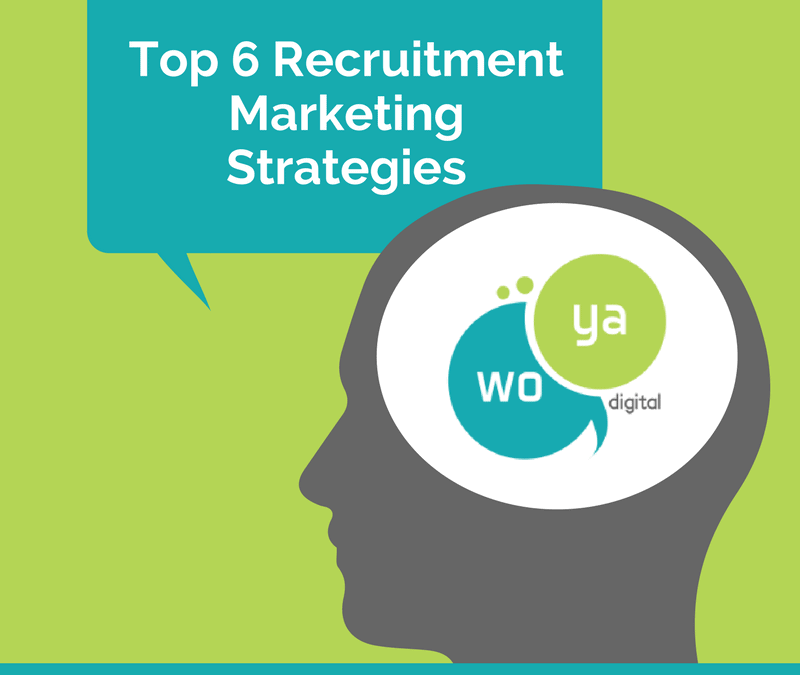
Get To Know Your Customers Day
Reading Time: 2 minutesLife is busy for business owners and one day rolls into the next; so it’s important that we step back and take stock once in a while. We need to re-assess priorities and ensure our ship is continuing to sail in the right direction. It is crucial for business owners to be consistently and constantly aware of changing customer attitudes and appetites – so you’re able to adapt, pivot and continue to meet your clients wants and needs.
The purpose of Get To Know Your Customers Day is about doing just this – allowing us to promote business growth and customer understanding.
What is Get To Know Your Customers Day?
Get To Know Your Customers Day is a national day aimed at encouraging businesses to halt their usual work and touch base with their existing (and potential!) customers in order to address any issues, untapped opportunities and/or concerns.
This can feed into business operations, marketing and business growth.
When is Get To Know Your Customers Day?
Get To Know Your Customers Day doesn’t happen just once a year – but instead, every quarter! Usually held on the third Thursday of each quarter, it’s regular enough for businesses to keep on top of rapidly changing markets and attitudes.
Why it’s Important to Get To Know Your Customers
Customers are people, and their wants and needs change over time with changing circumstances, attitudes and appetites for products and services. Building up a trusting relationship with your existing customers fosters brand loyalty that can ultimately increase their value to you.
They’re also the audience you want to hear from to find out what they want, like or dislike – giving you distinct competitive advantage.
How Knowing Your Customers Can Impact your Marketing
The way in which you communicate to existing and potential customers is key to attracting them to start or continue on a relationship with your business. One of the things that can be gained from getting to know your customers is to find out how they would best like to be communicated with, and to identify the channels they use and prefer for communications.
You can also identify which marketing strategies are really impacting your target audience, and therefore focus on these moving forward. This allows you to tailor your marketing to best reach your audience where they are.
Knowing Your Customers Will Benefit Your Business
Really knowing your customers will affect every area of your business! Assure those that you’re interacting with that you want their honest, open feedback on EVERYTHING. Consolidate all the information you receive and work out how the results can best be applied to your business operations and strategy as a result.
Pivoting a business’ direction based on changing markets and client requirements is key to business growth and success, and is something that every business should be reviewing at regular intervals.
Woya Digital is a digital marketing agency made up of experts in our various fields. We believe in making business growth through digital marketing affordable for all businesses through our pay monthly marketing packages, with no upfront investment. Find out more about how we can support your business growth through digital marketing.




